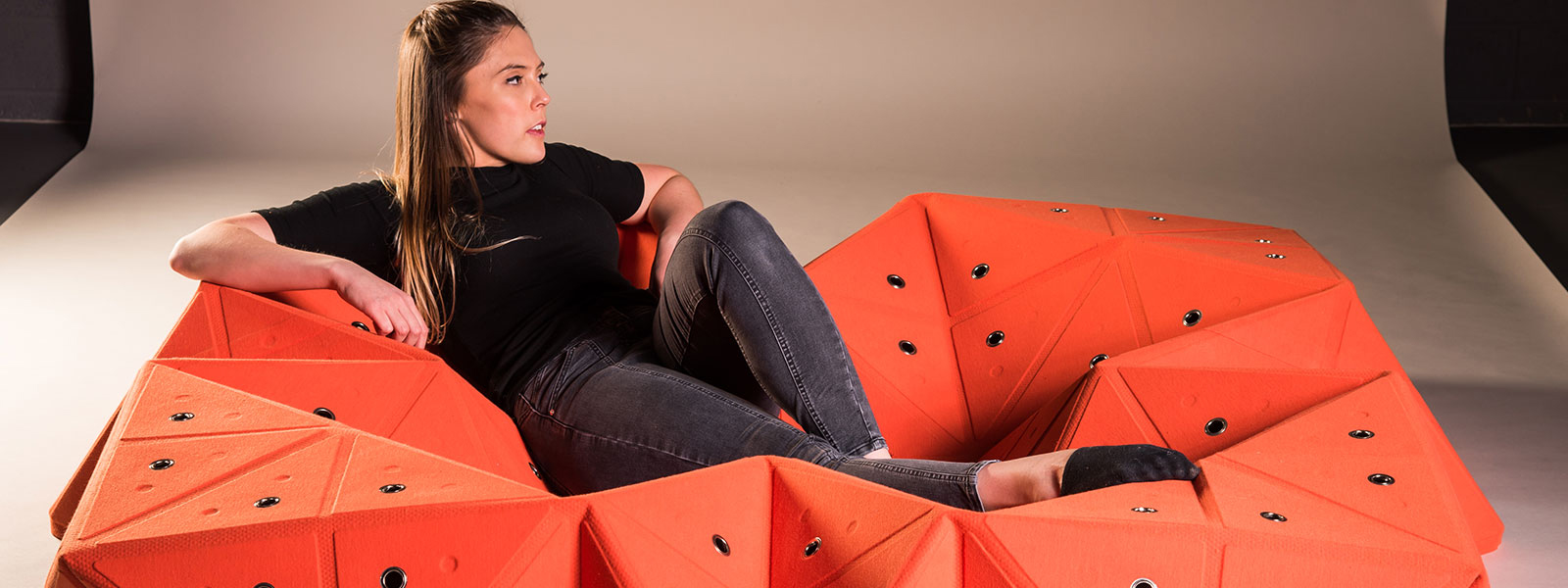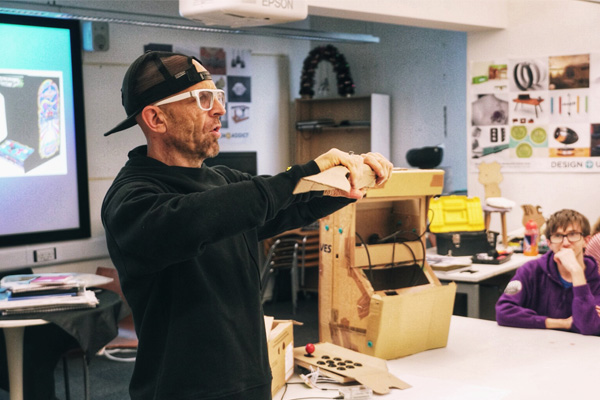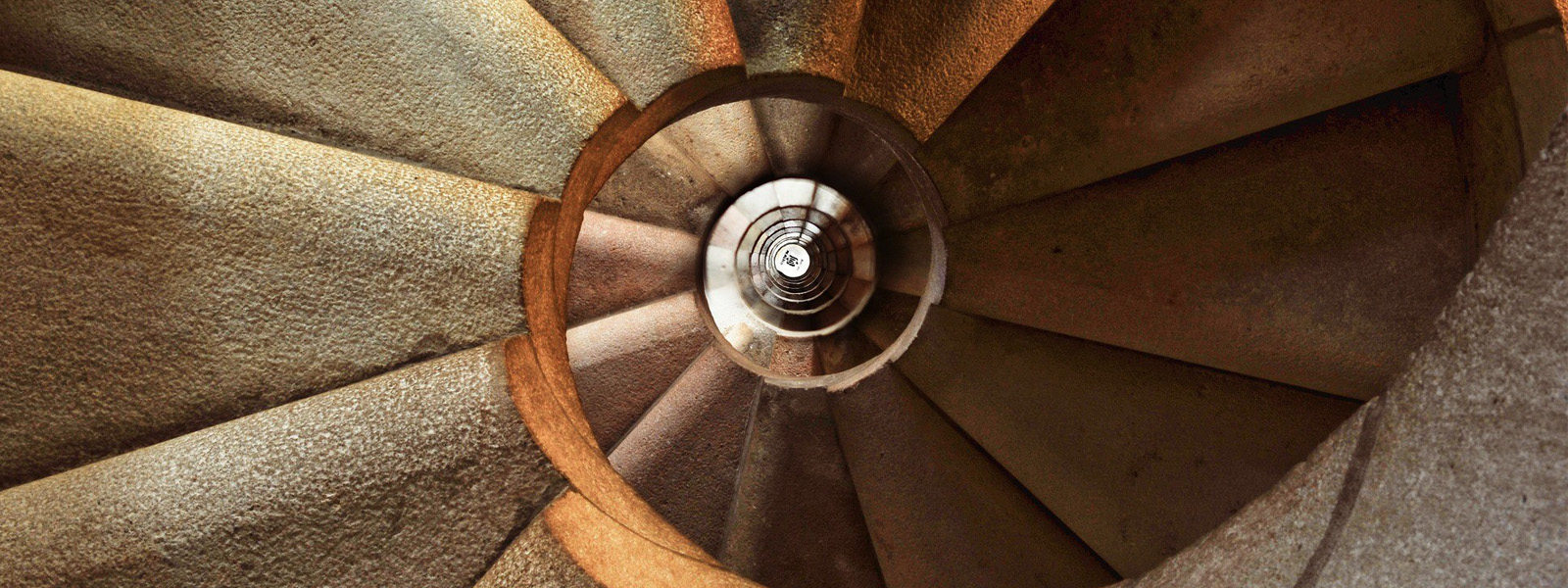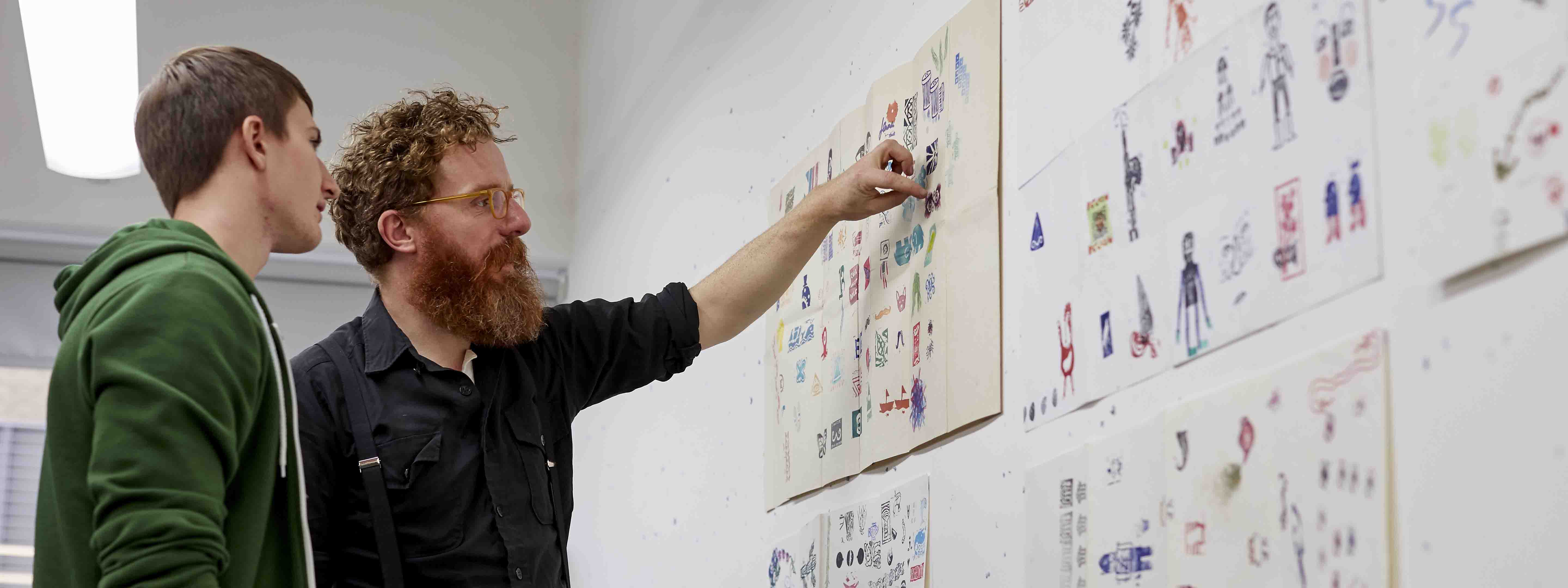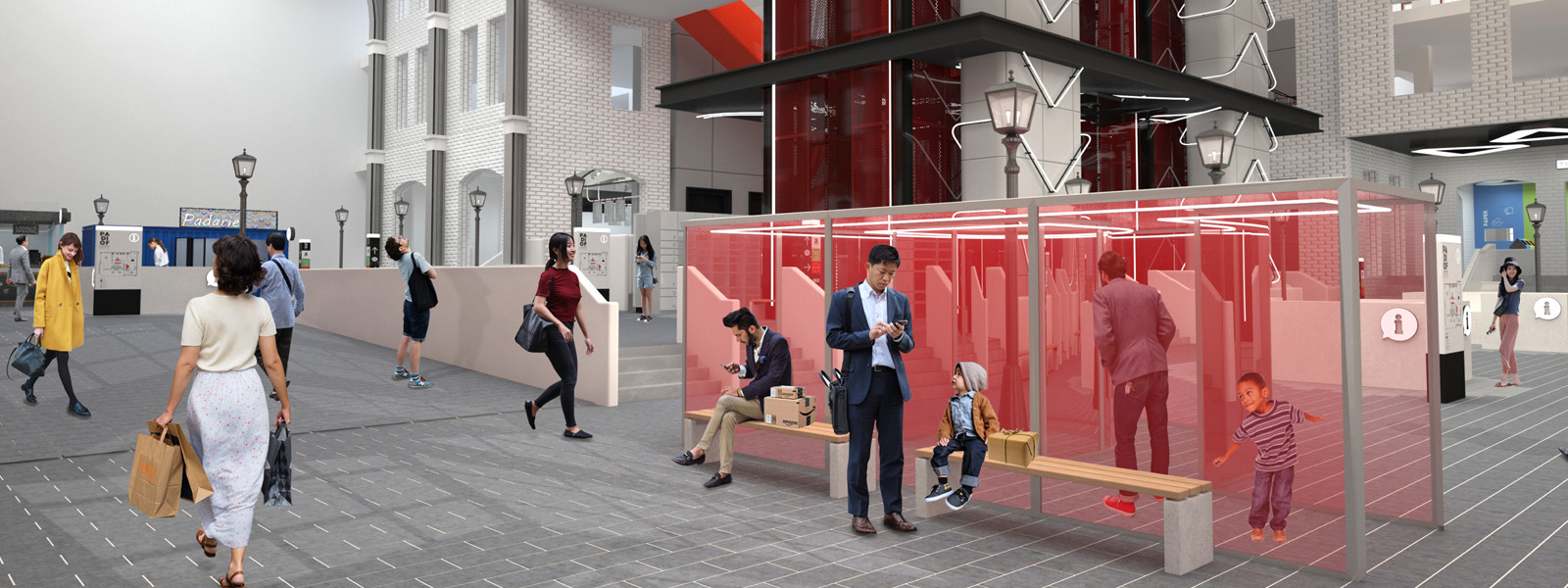Along with the software a basic materials package will be provided, including some essentials such as paper and pencils but will be required to cover additional costs specific to the study of product design. These typically include costs for rapid prototyping, art materials, printing, exhibitions, and creating a final collection for the third year’s show.
Level 1 and 2 students report typically spending £200-300 per year on course materials and equipment. Level 3-Final year expenditure can be greater due to the production of a final garment collection and portfolio.
It should be noted that successful work is not necessarily dependent on high costs but on the level of originality, innovation, creativity, and resourcefulness. It is however expected that students on the programme will have sufficient funding to support the costs of their studies without hindrance.
Students on this course have the option to undertake external visits, which can range in cost from £300 to £1,000, dependant on the destination. The participation in these trips will have no impact upon your final award and savings and contribution plans are put in place for these.
Students are also invited to participate in an optional graduate exhibition event and to make a £200 (approx) contribution, which is financially supported by both the programme and by the Lincoln School of Design. Contributions help students to attend a graduate event with designers, employers, and manufacturers. The School and programme make a major contribution to the stand, production, prototyping, materials, and image costs.
Students are responsible for their own travel, accommodation, and general living costs while undertaking a work experience or an internship.


